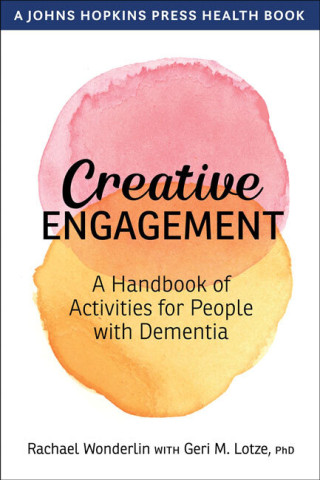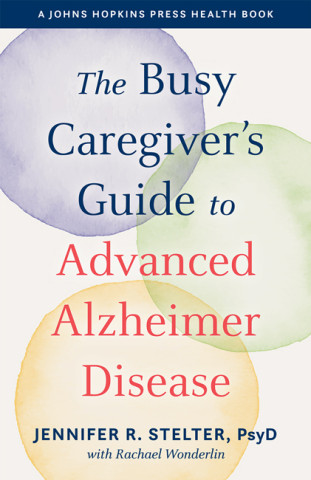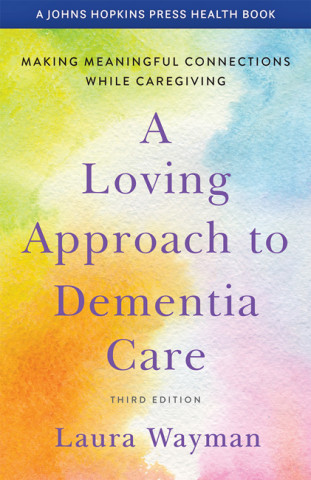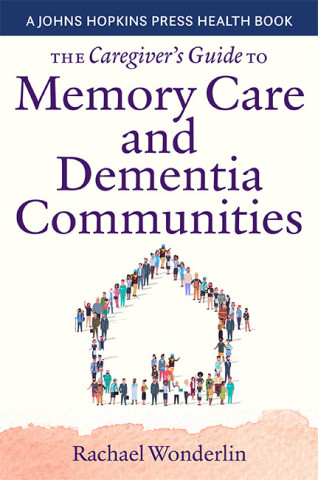
Reviews
Thorough and compassionate, offering accessible information and practical advice, The 36-Hour Day is a necessary resource for families living with dementia. Still the gold standard, this book is the trusted reference that families turn to first—and over and over—for guidance and support in caring for someone with Alzheimer's disease.
Both a guide and a legend.
Excellent guidance and clear information of a kind that the family needs... The authors offer the realistic advice that sometimes it is better to concede the patient's frailties than to try to do something about them, and that a compassionate sense of humor often helps.The New York Times
An admirably realistic guide to caring for people with Alzheimer's.
The best guide of its kind.Chicago Sun-Times
An excellent, practical manual for families and professionals involved in the care of persons with progressive illnesses. The book is specific and thought-provoking, and it will be helpful to anyone even remotely involved with an 'impaired' person. Highly recommended, especially for public and nursing libraries.
For a reader who wants a book about Alzheimer's and caregiving, this is still the one to buy. Recommended.
This is for carers and families, but equally should be on the reading list for nursing and medical students. Every ward should have a copy as nursing and clinicians can learn so much from this and ensure a high standard of care for these patients.
An excellent book for families who are caring for persons with dementia. A book that physicians can confidently recommend to the families of their patients.
Continues to be the 'bible' of recommendation for any caregiver whose family member suffers from dementia.
Recommended to all caregivers and families of persons with dementia as an indispensable source of valuable information on a very wide range of topics.
An excellent guide with general information for family caregivers of persons with dementia. The text is person focused and describes the complexity and depth of the care required not only for persons with Alzheimer's disease and other forms of dementia but also for caregivers.
An essential guidebook full of detailed, practical, and compassionate advice for those caring for a PWD. The 36-Hour Day continues to serve as the gold-standard care guide for millions of dementia caregivers.
We yearn for the day when there is no Alzheimer's, no Alzheimer patients, and no Alzheimer caregivers. Until then, there is The 36-Hour Day.
Having lived the chapter and verse of The 36-Hour Day for twenty years, I know how this book empowers families with constructive and compassionate advice. This new edition offers definitive testament to the slow destructive force of Alzheimer's disease and how it challenges families caring for loved ones with dementia. It is a must read by all those who serve our aging generation.
From its knowing title to its knows-everything contents, The 36-Hour Day 'gets' what you're going through. This encyclopedia of dementia care misses no aspect of life affected, from tough behaviors to challenged relationships to medication decisions—describing each with both the honesty and compassion we caregivers deeply need.
Book Details
Foreword
Preface
1. Dementia
2. Getting Medical Help for the Person Who Has Dementia
3. Characteristic Behavioral Symptoms in People Who Have Dementia
4. Problems in Independent Living
5. Problems Arising
Foreword
Preface
1. Dementia
2. Getting Medical Help for the Person Who Has Dementia
3. Characteristic Behavioral Symptoms in People Who Have Dementia
4. Problems in Independent Living
5. Problems Arising in Daily Care
6. Medical Problems
7. Managing the Behavioral and Neuropsychiatric Symptoms of Dementia
8. Symptoms Associated with Mood Change and Suspiciousness
9. Special Arrangement If You Become Ill
10. Getting Outside Help
11. You and the Person Who Has Dementia
12. How Caring for a Person Who Has Dementia Affects You
13. Caring for Yourself
14. Financial and Legal Issues
15. Long-Term Care Arrangements
16. Preventing and Delaying Cognitive Decline
17. Brain Disorders and the Causes of Dementia
18. Research in Dementia
Index







